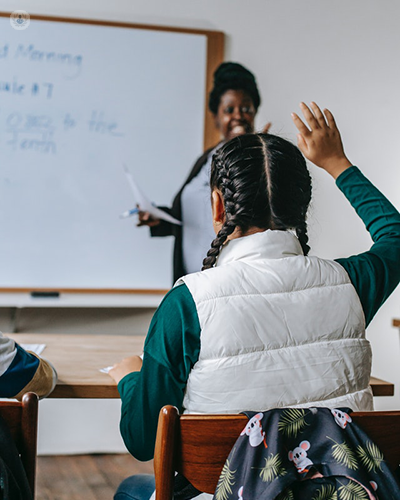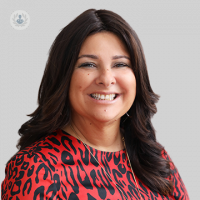Countdown to the new school term: How to support your child as the summer holiday ends
Written by:Following a long summer holiday, many children and young people find the transition of beginning a new school term challenging. Previous negative experiences, behavioural problems and learning needs can also exacerbate the difficulties of getting back into a regular school routine.
In this informative article, highly respected cognitive neuropsychologist Dr Debora Elijah offers expert insight on the difficulties the start of a new school year can pose and how best to support your child during this phase.

What difficulties can the transition of a new school term pose for children after the summer holidays?
There are several reasons children may have trouble transitioning into a new school term following the summer holidays. Along with struggling to make new friends or feeling that they don’t belong, children can also find their new school routines difficult to cope with.
These feelings may result in an increased number of unauthorised school absences, challenging or disruptive behaviour and a lower than expected progress or a disinterest in school.
How commonly do children experience these types of difficulties?
As a specialist in the field, I see a huge amount of parents asking for support in terms of how to transition back to school after the holidays. Parents are usually worried about what their child’s behaviour might be at school, as well as their sleeping routine.
What other factors can make the return to school following the summer holidays difficult for young people?
There are a number of additional factors which can make the start of a new school term challenging for children, such learning needs; also known as special educational needs and disabilities (SEND), additional support needs (ASN) or additional learning needs (ALN). Mental health or behavioural problems as well as challenges in self-regulation can also exacerbate the difficulties of this transition.
Additionally, children who experience high levels of anxiety or those who have past experience of being bullied may also find starting a new school term following the summer holidays challenging.
What can parents do to help?
The following advice can help parents to support their child in a back-to-school transition:
- Talk with your child about going back to school
- Set up a playdate with some friends from school over the summer
- Help your child get back to his/her sleeping routine by going to bed early 2-3 days ahead of time, and wake up on time
- Expect your child to have a hard time
When should parents seek out a consultation with a specialist?
See a specialist if you see that your child is still struggling after one week of being in school. A specialist can support the school with strategies as well as working on techniques to help manage anxiety.
Dr Elijah is a highly esteemed cognitive neuropsychologist who specialises in care for children and young people and is founder and director of the Elijah Social Cognitive Skills Centre, London. If you are concerned about your child’s back-to-school transition and think they may benefit from a consultation with Dr Elijah, don’t hesitate to visit her Top Doctors profile where you can learn more about her and make an appointment.


